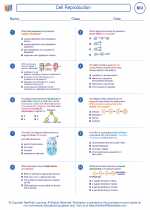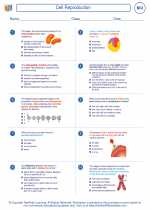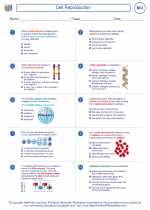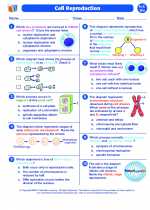Recreation and Physical Health
Engaging in recreational activities such as sports, hiking, or dancing can contribute to physical fitness. These activities promote cardiovascular health, muscle strength, flexibility, and endurance. Physical recreation can also help in weight management and reducing the risk of chronic diseases such as obesity, diabetes, and heart disease.
Recreation and Mental Health
Participating in recreational activities has been linked to improved mental health. Activities such as yoga, meditation, and nature walks can reduce stress, anxiety, and depression. Recreation also provides an outlet for creativity and self-expression, contributing to a sense of well-being and fulfillment.
Social Interaction and Recreation
Recreation often involves social interactions, which are essential for human well-being. Engaging in team sports, group fitness classes, or community events can facilitate the development of social skills, strengthen relationships, and create a sense of belonging and community.
The Importance of Balance
While recreation is beneficial, it's important to strike a balance between leisure activities and other aspects of life such as work, education, and responsibilities. Overindulgence in recreational activities can lead to neglect of other important areas of life, so it's important to prioritize and manage time effectively.
Study Tips for Understanding Recreation in Biology
- Understand the Physiological Effects: Learn about the specific ways in which different recreational activities impact the body, such as the cardiovascular benefits of swimming or the musculoskeletal benefits of hiking.
- Explore Mental Health Connections: Research how recreational activities can positively impact mental health, and understand the mechanisms behind these effects, such as the role of endorphins in exercise-induced mood enhancement.
- Consider Social and Community Aspects: Investigate the social dynamics of recreational activities, including how they foster social connections, support networks, and community cohesion, and their potential impact on mental and emotional well-being.
- Reflect on Personal Experiences: Think about your own experiences with recreational activities and how they have influenced your physical and mental well-being. Consider how these experiences align with the biological principles you are learning.
◂Biology Worksheets and Study Guides High School. Cell Reproduction

 Worksheet/Answer key
Worksheet/Answer key
 Worksheet/Answer key
Worksheet/Answer key
 Worksheet/Answer key
Worksheet/Answer key
